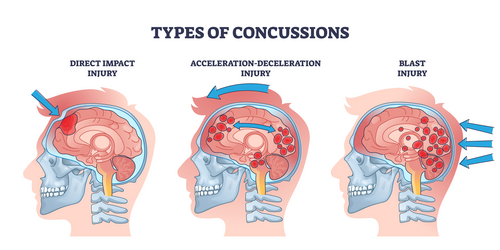At Riverside Health, we're dedicated to compassionate, collaborative care. We provide a wide range of services, from childbirth to end-of-life care, delivering over 2 million services each year. Our integrated network allows us to support you seamlessly through health, illness, recovery, and wellness. With top clinicians and advanced technology, we’re here for you at convenient locations close to home and work. Visit riversideonline.com.
If you're experiencing symptoms or want to learn more about your treatment options, don’t wait to get treatment.
If you’re wondering where the best place is to get care, please see our guide below:
If your problem is life- or limb-threatening, call 911 or go to the emergency room.
Primary Care – Schedule through MyChart or call your provider’s office who you go to for most health care needs.
Orthopedic Specialists - Schedule through MyChart or call 757-534-9988.
(804-693-0529 for Gloucester, 757-302-2700 for the Eastern Shore)
Sports Medicine Hotline – Call 757-534-6767, 7am-10pm, 7 days a week to schedule an appointment with a sports medicine specialist. Same day/next day availability in most cases.
If you’re not sure, call Riverside Nurse 24/7 at 1-800-675-6368
